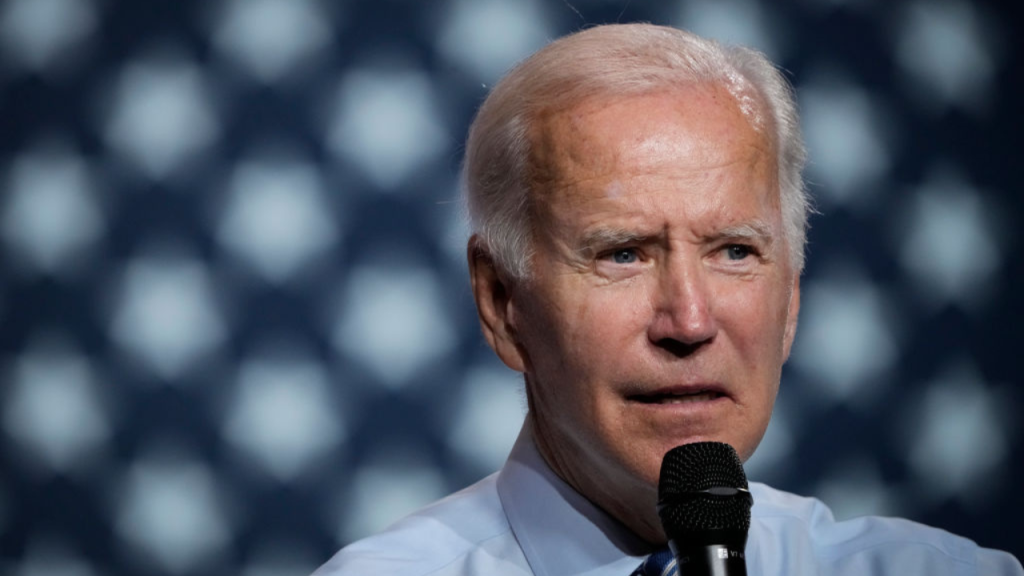President Biden is facing backlash from Muslim voters and organizations following the House’s passage of $26 billion in funding for Israel, which he has approved. The bill also includes funding for Ukraine and Taiwan, with Biden promising to sign it once it reaches his desk. Islamic organizers in the U.S. have been criticizing Biden’s administration for its support of Israel, and some have warned that signing this legislation could sever the White House’s relationship with the American Muslim community. The Council on American-Islamic Relations (CAIR) has described the aid as a “blank check” for Israel to purchase weapons used in the conflict in Gaza, leading to accusations of genocide.
The anger towards Biden’s administration has been brewing for months, with some calling this latest move the breaking point in their relationship. CAIR has warned that providing Israel with a blank check for weapons would make the U.S. complicit in the ongoing conflict in Gaza, leading to consequences with the American Muslim community and other Americans opposed to the situation. Representative Pramila Jayapal has also criticized the bill, comparing support for Israel to the Iraq war and calling for an end to U.S. military assistance contributing to the violence in Gaza.
Muslim voters in key swing states like Michigan have been vocal about their discontent with Biden’s support for Israel, with threats to abandon support for his re-election effort. Community leaders have refused to meet with Biden’s campaign director, and Arab Americans in Michigan, a traditionally Democratic demographic, have expressed dissatisfaction with Biden’s policies. Michigan is crucial for Biden’s re-election, as he won the state by a narrow margin in 2020. With Arab and Muslim communities numbering around 300,000 in Michigan, a decline in support for Biden could shift the state towards Republicans in future elections.
The tensions between Biden’s administration and Muslim voters come at a delicate moment in U.S. foreign policy, with the conflict in Gaza highlighting divisions over Israel and Palestine. The debate over U.S. support for Israel, particularly in the context of ongoing violence, has intensified, leading to increased pressure on the Biden administration to reconsider its stance. While some Democrats have voiced their criticism of the bill, the broader implications for the relationship between the White House and American Muslim and Arab communities remain uncertain.
The fallout from the House’s approval of funding for Israel, as well as Ukraine and Taiwan, underscores the complexities of U.S. foreign policy and its impact on domestic politics. The Biden administration is facing a challenging balancing act in maintaining support for key allies like Israel while addressing concerns from within the American Muslim community. As the debate continues to unfold, the stakes are high for both Biden’s re-election prospects and his administration’s broader relationship with diverse communities across the country. Finding a path forward that addresses these concerns and navigates the complexities of the Middle East conflict will be essential for Biden as he seeks to maintain support from key constituencies in the coming years.


